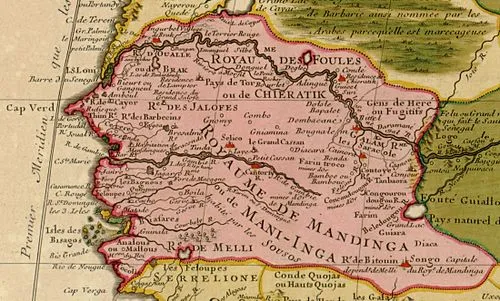
Isidore of Seville: The Scholar of the Early Middle Ages
Isidore of Seville, also known as Saint Isidore, was a prominent scholar, theologian, and bishop who played a crucial role in shaping the intellectual landscape of early medieval Europe. Born around 560 AD in Cartagena, Spain, Isidore became one of the most influential figures in the Catholic Church and is revered as a Doctor of the Church. His comprehensive writings and deep understanding of classical texts helped preserve knowledge during a turbulent period in history.
Early Life and Education
Isidore was born into a family of scholars, and his early education was heavily influenced by his brother, Leander of Seville, who was also a bishop. The siblings were part of the effort to counter the rise of Arianism in Spain, a doctrine that contradicted the orthodox teachings of the Catholic Church. Isidore became a bishop of Seville around 601 AD, succeeding his brother, and dedicated his life to theological study and the administration of the church.
Contributions to Knowledge
One of Isidore's most notable contributions was the Etimologiae, an encyclopedic work that sought to compile all human knowledge available at the time. This text consisted of twenty books covering a wide array of subjects, including grammar, rhetoric, medicine, law, and theology. His approach to classification and knowledge preservation was revolutionary, making information more accessible to the clergy and educated laypeople.
The Etimologiae and Its Legacy
The Etimologiae served not only as an encyclopedia but also as a significant source of information for later scholars during the Middle Ages. Its structure influenced subsequent encyclopedias, establishing a model for organizing knowledge that would persist for centuries. Isidore's effort to define terms through etymology provided a foundation for linguistics, making it an important reference in the fields of history and philology.
Historical Context and Influence
During Isidore's lifetime, the Visigothic Kingdom was experiencing a transformation as it moved from Arian Christianity to Catholic orthodoxy. Isidore played a pivotal role in this transition by promoting unity within the church and advocating for theological clarity and sound doctrine. His writings addressed the need for a cohesive Christian identity in a time of division, fostering a spirit of reconciliation and collaboration among diverse Christian groups.
Cultural and Religious Impact
Isidore’s influence extended beyond theology and education; he was also instrumental in the culture of Spain. He supported the integration of Roman and Christian traditions, fostering a unique Spanish identity. His work had a lasting impact on the liturgical practices of the Church, and his canonization in 1598 established him as the patron saint of the internet, recognizing his role in preserving knowledge in an era vulnerable to cultural loss.
Conclusion
Isidore of Seville remains a towering figure in the history of the Church and education. His relentless pursuit of knowledge and dedication to the Christian faith offer a model for contemporary scholarship and spiritual life. As we delve into the complexities of our own digital age, the lessons learned from Isidore’s work in preserving and disseminating knowledge continue to resonate, reminding us of the enduring power of information and the importance of intellectual curiosity.






